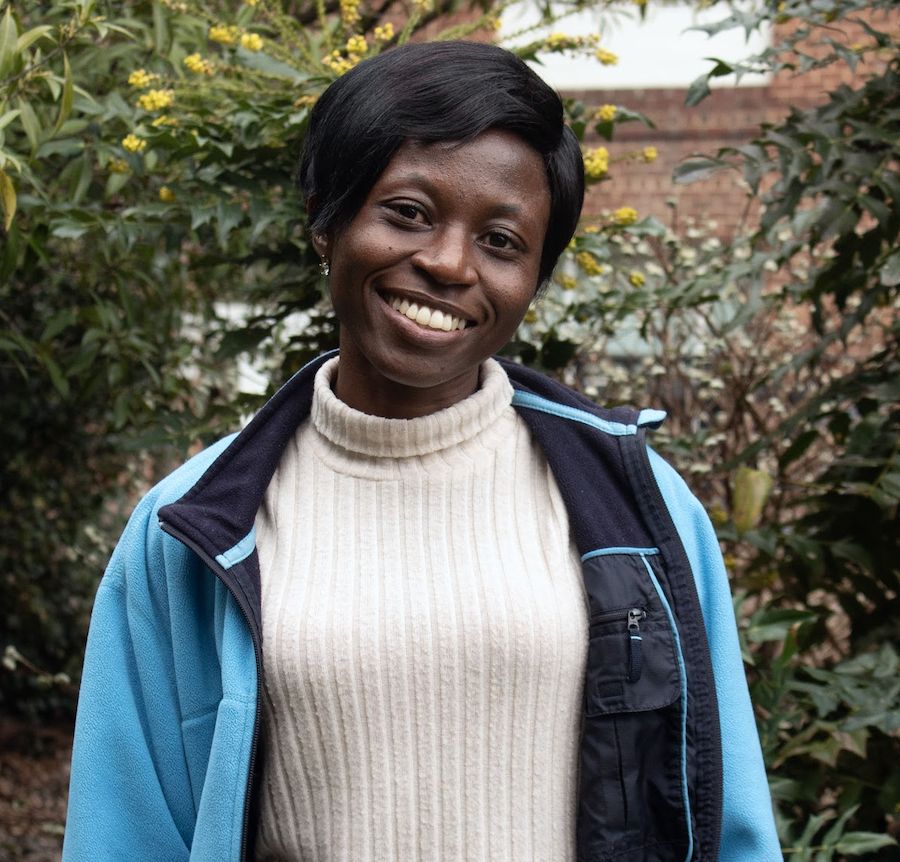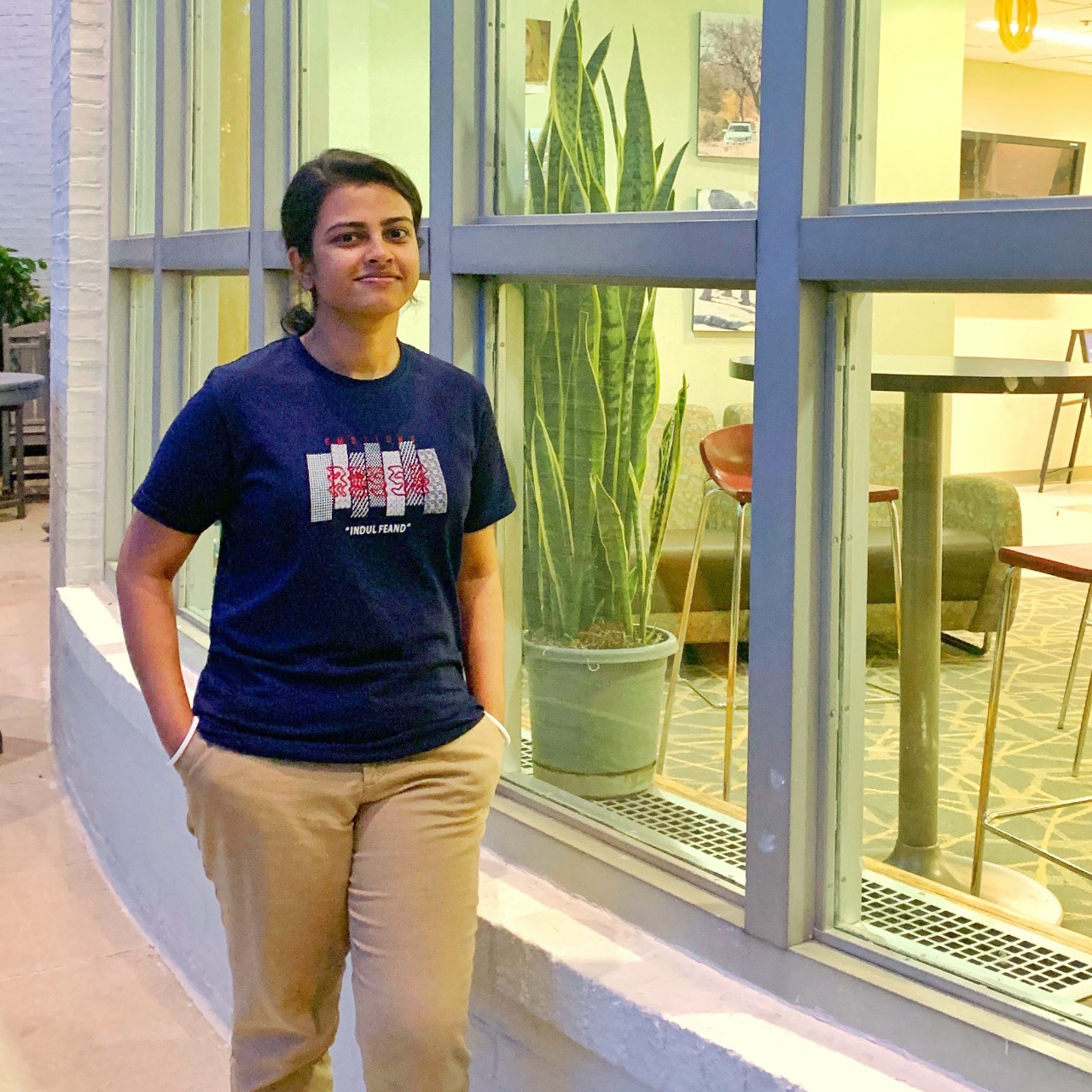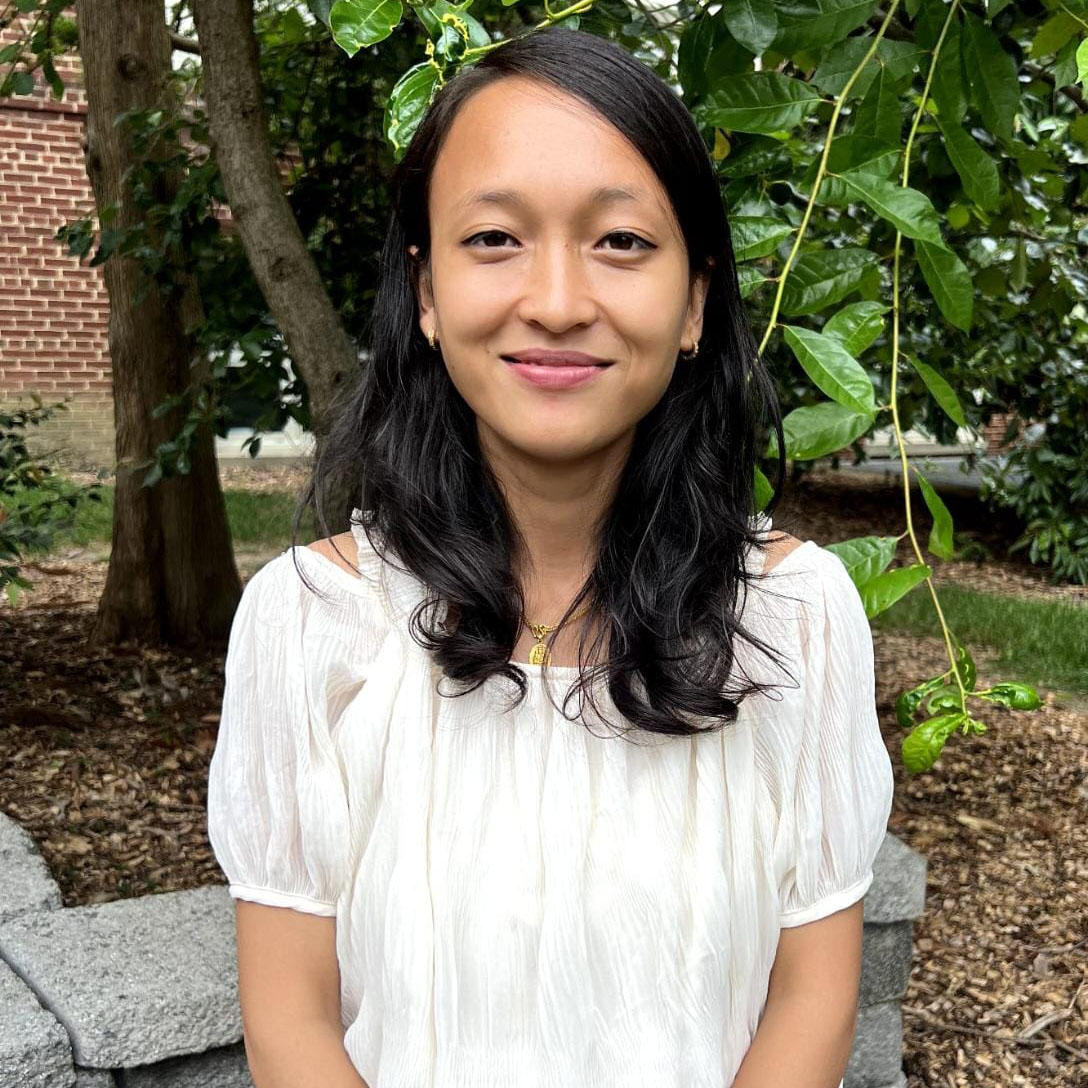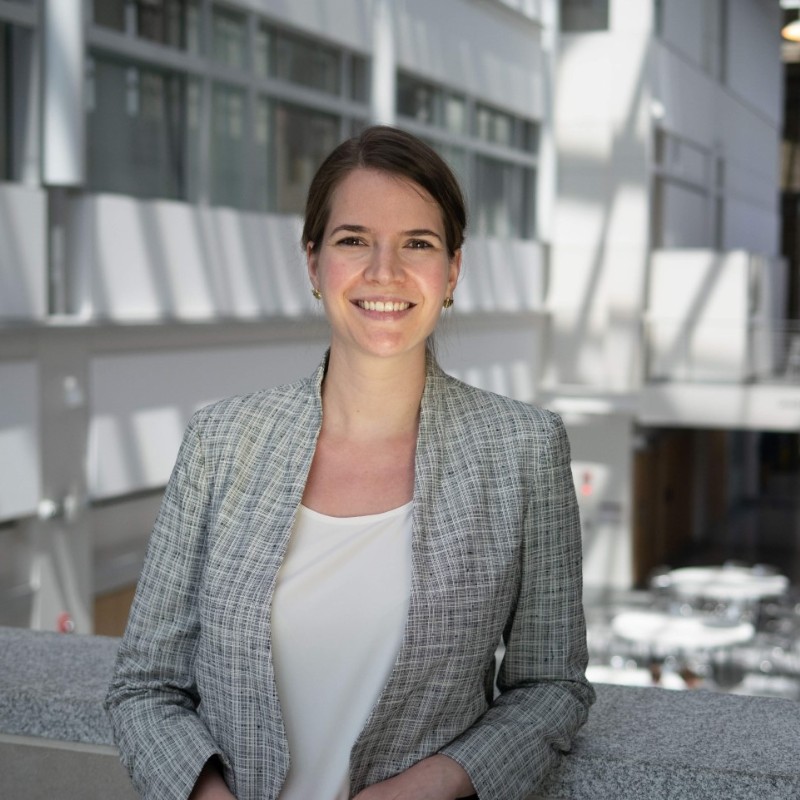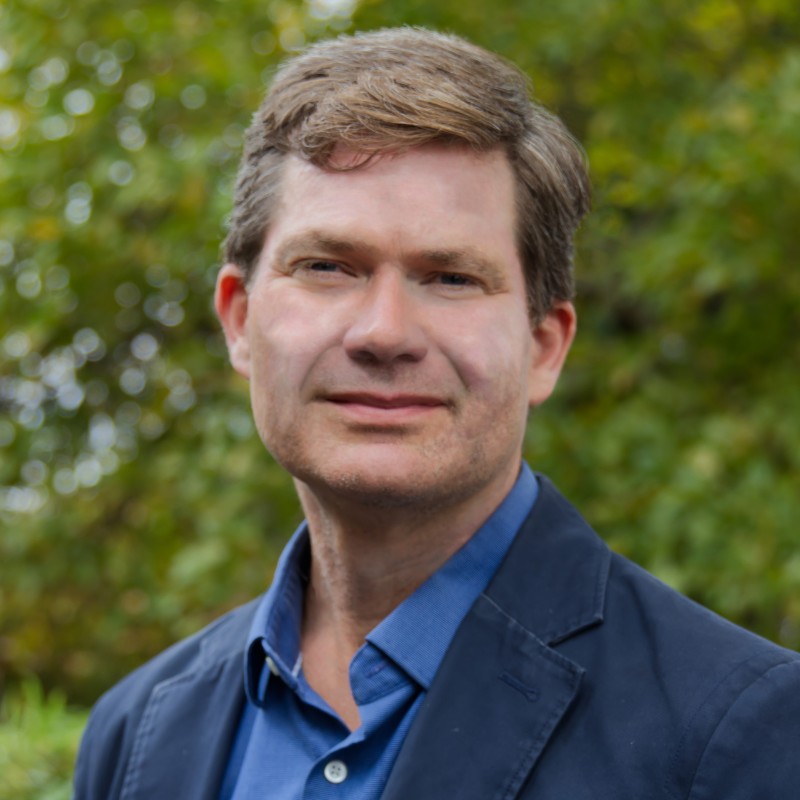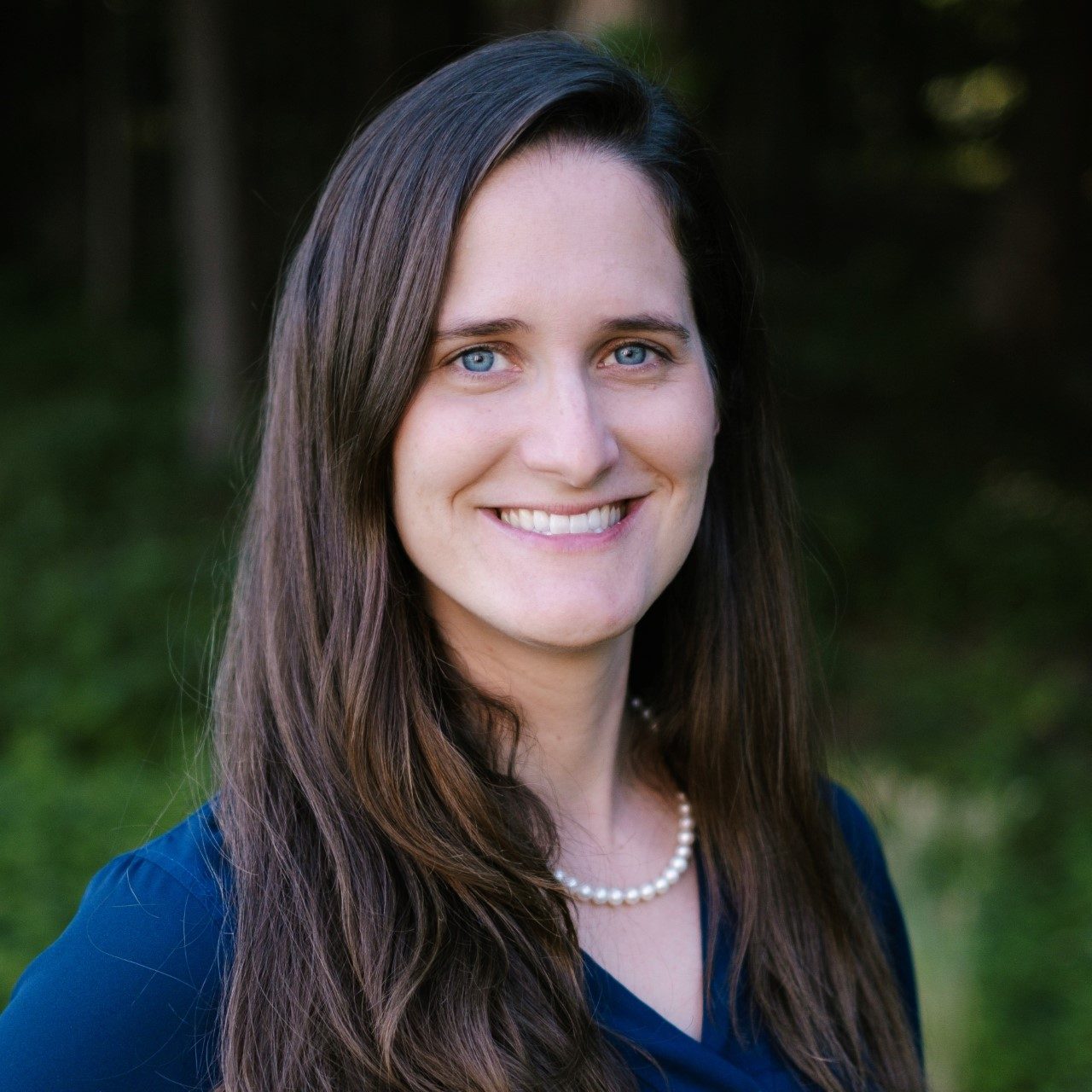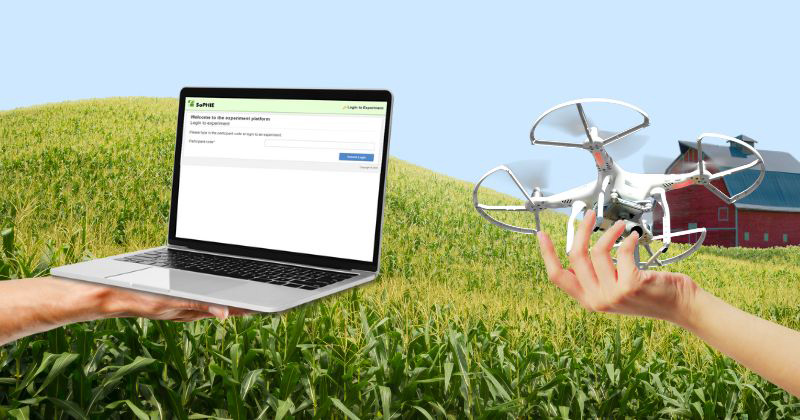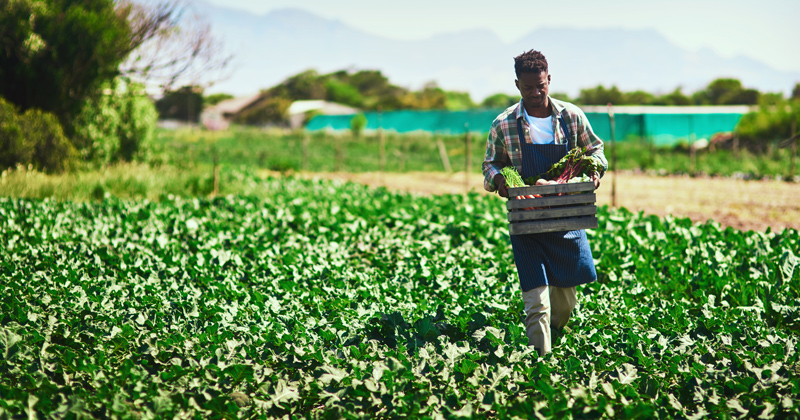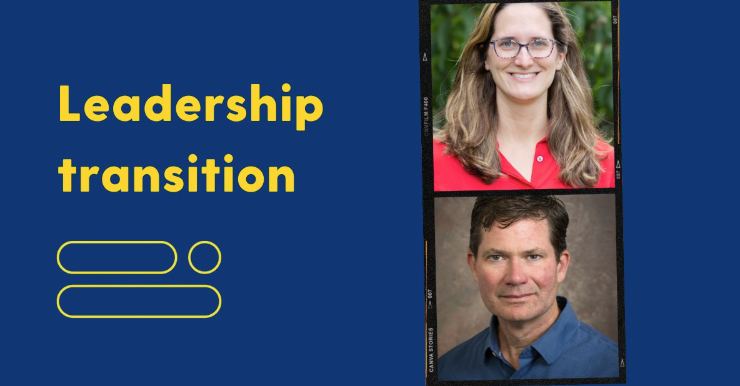
Agricultural and Resource Economics M.S.
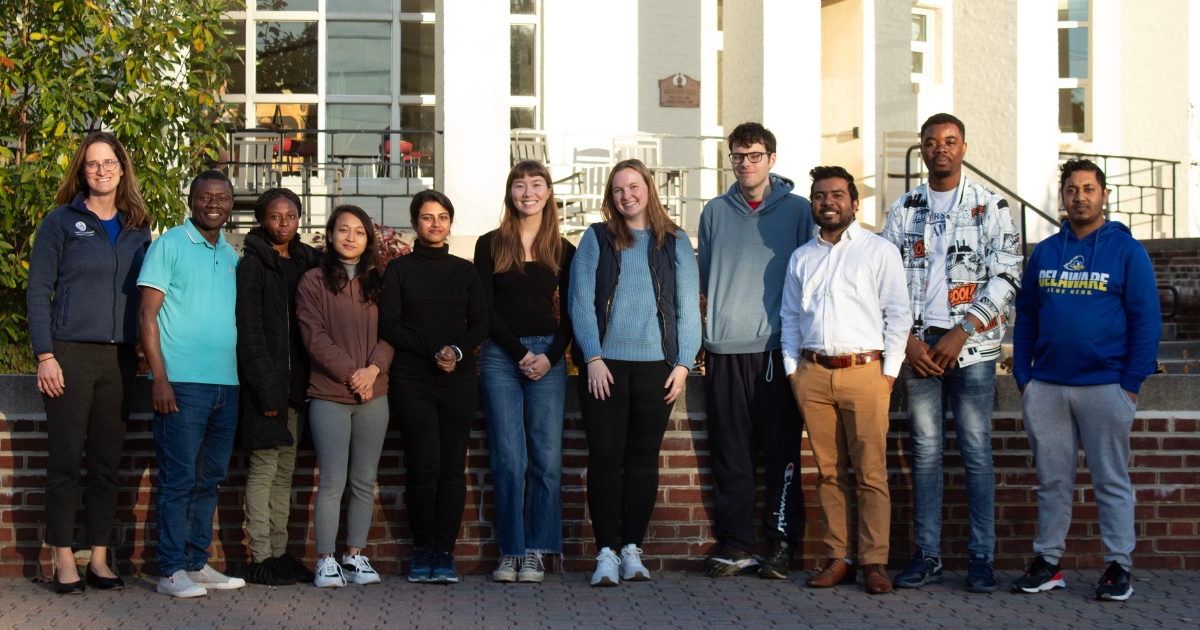
Program overview
The program in Agricultural and Resource Economics leads to the Master of Science degree and offers students the perspectives and skills necessary to understand and work in the general fields of applied economics, agricultural and food economics, resource economics, environmental economics, agribusiness, or government sectors of the economy. Also, a strong intermediate level of training is offered so that students may continue graduate work and obtain a PhD degree. Students completing the M.S. degree in Agricultural and Resource Economics are expected to acquire:
theoretical knowledge in microeconomics and primary data collection necessary to complete human dimensions research;
quantitative skills in econometric modelling as well as best methods for data collection, management, and analysis;
competencies in agriculture and food policy, behavioral economics, environmental economics, experimental economics, research methods, resource economics, and/or stated preferences;
critical thinking, oral and written communication skills by composing and presenting a thesis.
Course spotlights
Graduate students study consumer theory (e.g., deriving demand), theory of the firm (deriving supply), market equilibrium (putting demand and supply together) and market forms (perfect and not so perfect ones). Instructors then cover more advanced approaches to microeconomic theory, such as social preferences, behavior in the commons, market failures, risk and uncertainty, and we will review some recent literature.
This course introduces the foundational models and ideas of behavioral economics. Behavioral economics aims to increase the realism of standard economic models by accounting for more nuanced behaviors grounded in psychological and sociological insights. The goal is to better understand human decision making and to improve policy recommendations and welfare estimations in cases where traditional economic models fail to capture relevant behaviors. Applications tie to issues in environmental, food, energy and agricultural economics.
Students explore the use of lab and field experimental techniques and randomized controlled trials and their application to economic research. Instructors Introduce students to the classic experimental games and related literature that provide the foundation for ongoing experimental economics research. Material is introduced through hands-on participation in experiments and lectures. Students also conduct their own replication of previously published experiments and write-up results as a final research project for the course.
Graduate students
Mitchell Stallman
Research interests: The intersection of environmental and development economics, agri-environmental policy, ecological economics, feminist economics
Hobbies: Any outdoor activity, but mostly climbing and running, cooking delicious vegan meals, guitar
Faculty advisors
-
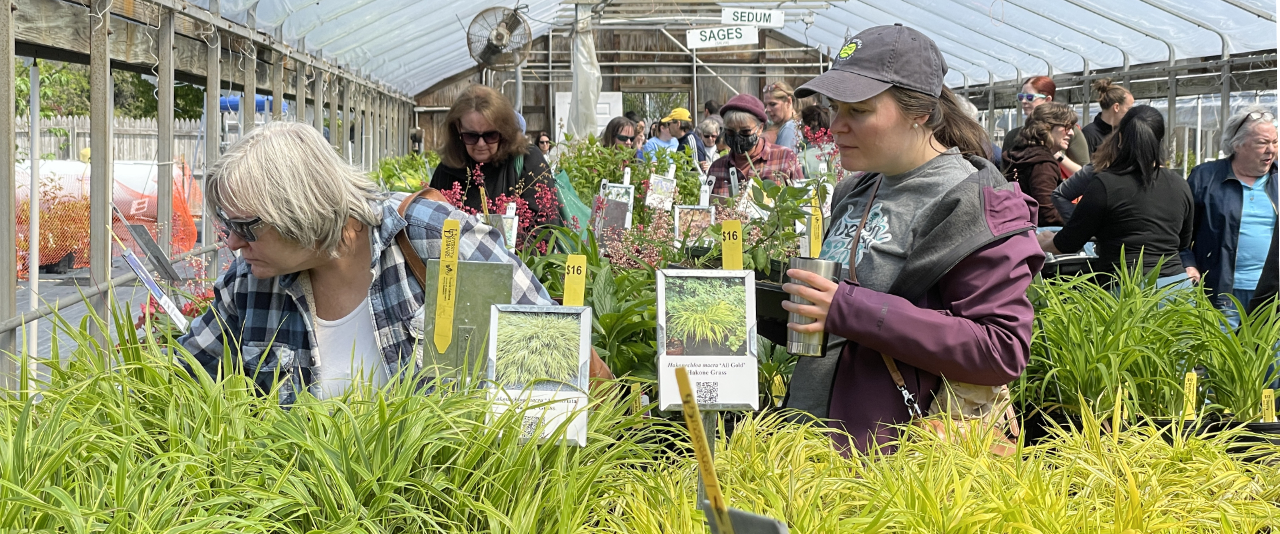
Get ready for Ag Day
April 18, 2024 | Written by Katie Peikes | Photos by Katie Young and Monica MoriakUD’s College of Agriculture and Natural Resources gears up for annual showcase for the community. -
Kali Kniel leads the charge in safe food practices globally
April 18, 2024 | Written by Nya WynnUniversity of Delaware faculty member Kali Kniel traveled to Geneva, Switzerland to participate in an expert committee meeting on viruses and food safety with other experts. Joint Food and Agriculture Organization/World Health Organization Expert Meetings on Microbiological Risk Assessment (JEMRA) committees are convened to review the state of science on particular topics and in turn provide information that is useful to global guidance, in this case to improve the control of viruses in food. The group ranked the most prevalent viruses transmitted through food and recommended how countries across the world could help combat outbreaks. -
Recovering the coast
April 16, 2024 | Written by Molly SchaferGraduate student Laura Taylor is testing a new approach to encourage coordination between adjacent homeowners who have become eligible for a flood-related buyout. Full participation in coastal buyouts can protect homeowners from repeated and severe flood risk and restore floodplain functionality. Working with UD Prof. Christina McGranaghan, Taylor conducts her economic experiments at UD’s Center for Experimental and Applied Economics (CEAE). Taylor is funded by the Delaware Sea Grant and a Graduate Research Enhancement Grant from Gerald J. Mangone Climate Change Science and Policy Hub.


